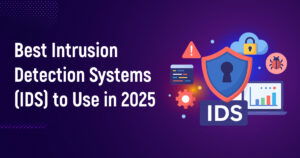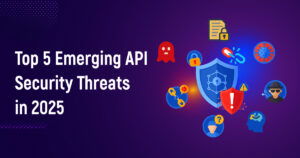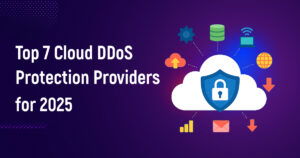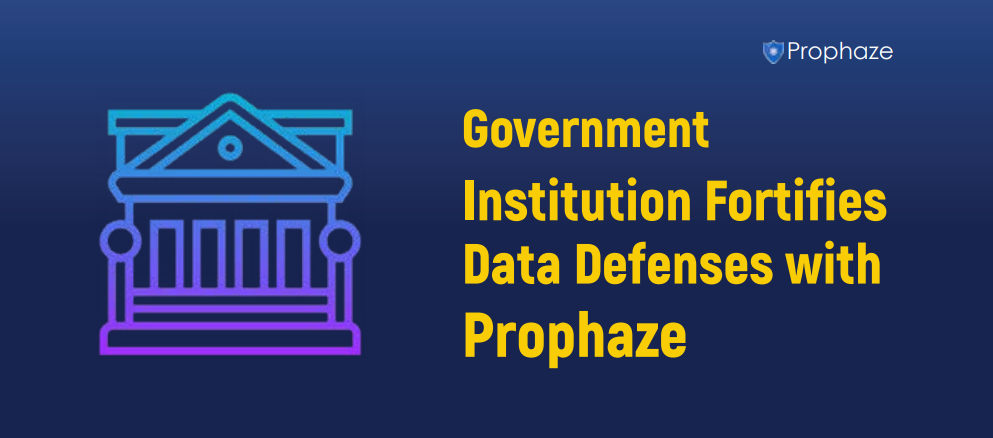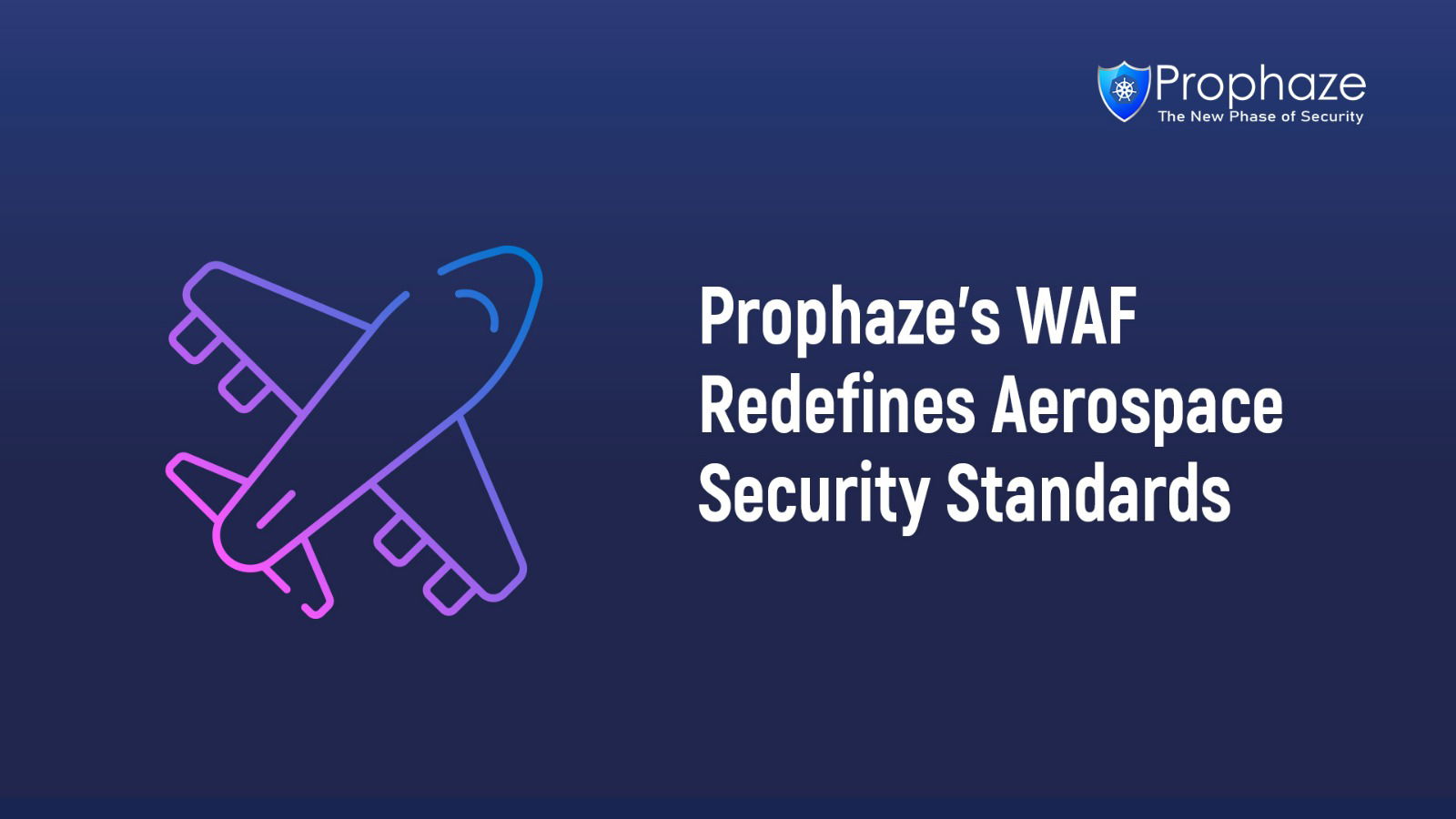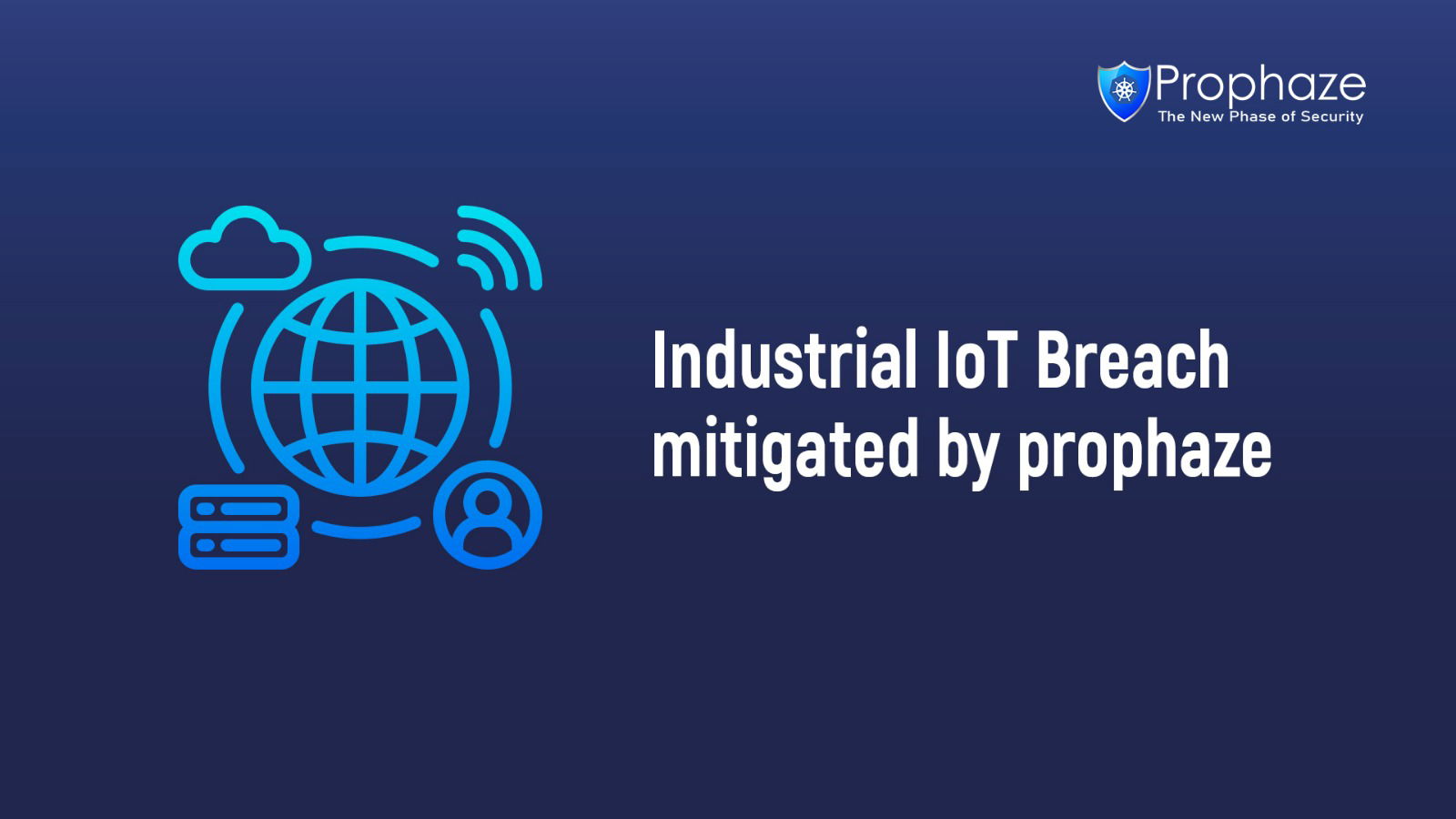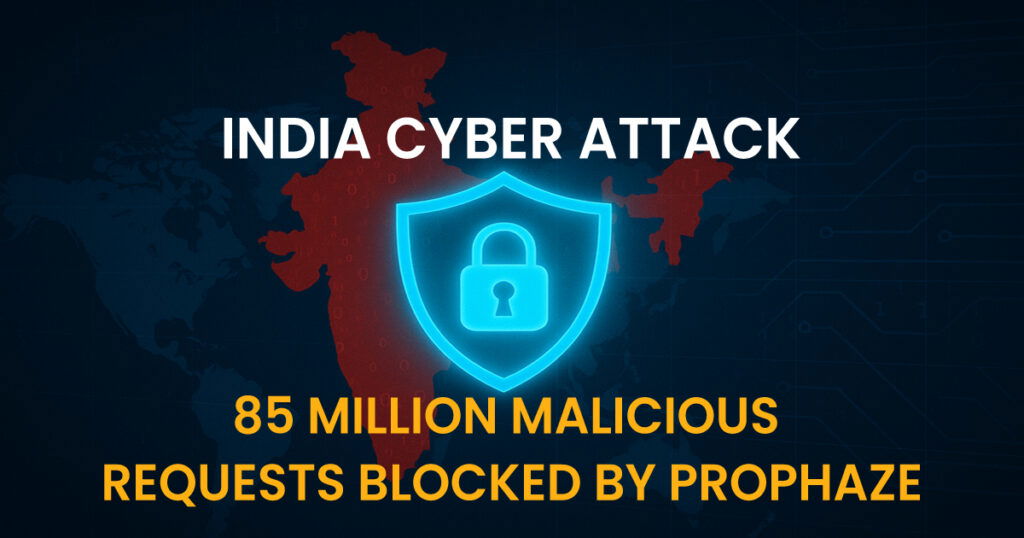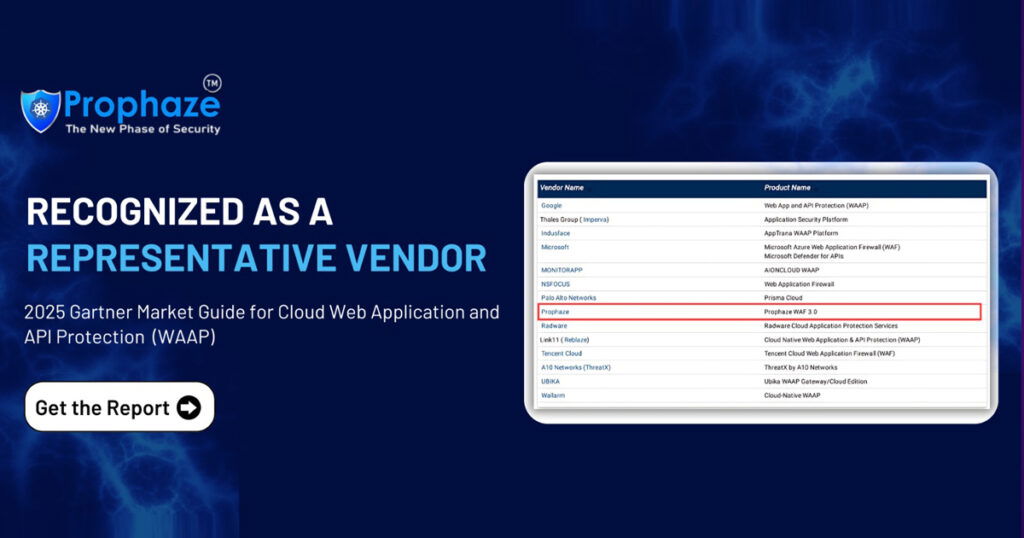Website security refers to the security of organizational and private public-facing websites from various cyber-attacks. These attacks largely impact all facets of website security, confidentiality, availability, and integrity and can very gravely impact the web site’s reputation and business. A large number of businesses have not yet realized the serious threat that these cyber attacks pose to their organizations, and as a result, they continue to allow hackers to wreak havoc on their websites. By protecting their websites from the attack, businesses are protecting themselves from a full-blown disaster. By implementing effective website security measures, they are also minimizing the risks to their businesses and the overall IT infrastructure.
Let’s discuss some security threats that you must be aware of:
Common Website Security Threats
- DDoS Attacks
When DDoS attacks happen, it is likely to affect a website’s website security and availability. DDoS stands for Distributed Denial-of-Service and is usually perpetrated by someone who has good knowledge of the security systems and networks of a network. DDoS attacks are made by attackers who make use of a variety of methods, including spoofing, automated scripts, and brute force attacks. DDoS attacks can really hamper the performance of a website as they will affect and slow down its overall functioning. The effects of a DDoS include the reduction of website traffic and the ability to meet customer demands. As such, it has become important for webmasters to take note of their website security systems and update them whenever necessary.
- Cross-Site Scripting (XSS)
Cross-site scripting is a type of scripting that can affect your website’s security and integrity, as well as your ability to provide users with content. While this type of scripting has been around for years, it has only recently started to pose a significant threat to websites. Essentially, this type of cross-site scripting occurs when a hacker has placed their own scripts on your site and then has distributed them across the Internet. Because scripts written by these hackers are viewed by other web browsers, the scripts infect many computers around the Internet. If your site is affected by cross-site scripting, you could experience a wide range of problems.
- SQL Injection
It was not that long ago when a SQL injection affected a website’s security. The SQL injection is a form of web scripting attack in which an attacker inserts his own SQL scripts into a vulnerable database. These SQL scripts could be used to perform any malicious activities such as data corruption, password reset, application termination, application patching, and numerous other dangerous activities. A successful SQL injection can lead to the takeover of the affected database by the attacker. This will give him full control over the database and execute whatever he wants on it. If you have been using the server without cleaning the database on a regular basis, then this SQL injection is likely to happen. You need to wipe out the database and reinstall the software so that the website is secure.
- Malware Attacks
There are several ways for one’s website to be infected with malware infections and attacks. One of the most common ways through which malware infections and attacks affect website security is through freeware application download. These freeware application download programs come with viruses, spyware, and other forms of malware that can wreak havoc on a computer system. Other ways through which a computer is potentially affected by malware infections and attacks affecting website security are through email attachments, p2p files, p3p download, game downloads, video codecs, and music channels. These malicious programs can damage a computer drastically, corrupting the system files, interfering with surfing, email, and other activities. Once these harmful programs are installed in a computer system, it becomes very difficult to remove them.
- Credential Brute Force Attacks
In this day and age, securing a website is extremely important. It’s essential to ensure that your website is not only secure but is also accessible to everyone, including those who may have bad intentions. As such, it is essential for any webmaster to ensure that his or her website is protected against unscrupulously done credential brute force attacks affecting website security. This attack is an extremely common phenomenon whereby hackers or external third parties use databases of valid website logins to gain unauthorized access into the website and gain access to the information, services, or functionality therein. While there are numerous ways in which these attacks can be executed, typically, they occur when a site is either unsecured or vulnerable to these attacks.
- Cross-Site Request Forgery
A cross-site request forgery (CSRF) is a malicious web-code intent to access, change or destroy the integrity and availability of your website. These malicious scripts can easily execute any action in the victim’s browser, like filling up forms, harvesting credit card information, emailing spammers, etc. They can affect the whole website based on how they made the cross-site request forgery – such as changing HTML codes, database, JavaScript code, images, styles, etc.
Why is Website Security Important?
Website security is such a vague term that most believe those in big business and elitists are somehow exempt from it. However, the hackers have no respect for those who don’t understand what it’s all about, which isn’t the case at all.
If you don’t protect your websites, you risk losing customers and businesses that are important to you. Businesses create websites for the purpose of advertising and selling products and services, not exposing those websites and their information to those wishing to do harm. The truth is those who create websites put their information and personal lives in extremely dangerous hands, and there is really only one way to keep those things safe – make website security a priority. Websites are the world’s information highway, and the only way to be completely secure is to have your information stored in a place that cannot be accessed by random people.
One of the reasons why website security is important is the growing number of targeted attacks on various websites. Targeted attacks occur when a hacker plans to infiltrate a website and gain access to personal information or use the website for illegal activities, typically using a link included in a phishing scam. Targeted attacks come in all shapes and sizes and include attacks on government or corporate websites as well as personal information stolen from public computer systems. There are also attacks that use known tools that are widely available for free over the Internet to break into websites and take personal information.
How to Keep Your Website Safe?
How to keep your website safe is the number one question that every budding internet entrepreneur asks time and again? Having a secure website is not just a good idea; it’s absolutely vital for your online success. If you’re new to the universe of internet marketing, then you probably know that if a site has security holes, then it will not only be rendered useless by the search engines, but it will also get you blacklisted on the major search engines as well. If your business or personal information is put at risk, not only can you suffer financially, you could also have your life being ruined by people stealing your identity and using it for their own gain. So how to keep your website safe? There are a few different methods, and here are a few of them.
- Go with a Reliable Web Hosting Company
First, keeping your website secure is something you should think about even before you buy a web hosting package or a domain name. You want to protect your personal and financial information with an online business. You do not want to choose a web hosting service that will not provide you with the best protection possible. In fact, choosing a poor web hosting service will leave your information at risk. The more secure your web hosting service is, the easier it will be for you to protect your information.
- Utilize Tools to Ensure Your Web Security
Next, there are some very good free tools you can use to check your website’s security. Most hosting services provide the Audience Intelligence tool to help you find out what kind of traffic is coming to your website and which search engines are visiting your site. If you have used an efficacious security tool, and have access to Google Analytics, then it will help you track how your traffic is increasing. With these two tools, you should be able to monitor how your traffic is increasing and from where most of the web traffic is coming.
- Opt for Effective Anti-Spyware & Anti-Virus Software
There are also free web security tools you can use for malware detection. Malware is always a threat because when someone gets infected, they are usually given a harmful virus and can potentially destroy everything on your computer. So be sure that your anti-virus software and anti-spyware software are working properly and that you are scanning your system frequently. Some of the things that these software systems will send are alerts to notify your computer that something is wrong, so you need to make sure you are aware of this and that you are protecting your system.
- Use Strong and Unbreakable Passwords
When you have your computer connected to the Internet, it’s possible for many different things to happen. If you utilize a similar password for everything on your computer, then all of these things can be stolen. It’s quite possible for someone to gain access to your computer and steal information from it as well as corrupted files, causing problems for your computer as a whole. You don’t want to lose any of the information that you’ve been working to keep secure, so make sure that you use a strong password on all of the websites that you visit. The stronger your password is, the more secure your computer will remain.
- Keep Your Website Plugins Updated
Updating your plugins and themes is something that you must do at least once in a while to keep your website from suffering from security vulnerabilities. There are plenty of places online where you can find information on how to keep your plugins and software updated to secure your website. A great way to keep your plugins and software updated to secure your website is to use the WordPress update plugin, which automatically updates your plugin sources on a regular basis. Another great way to keep your plugins and software updated to secure your website is to manually check for updates every so often. Just search for your plugins inside of your WordPress installation, and then take a snapshot of your current source tree. If there are updates to your plugins that you need to have, then you simply need to install the updated plugin again.
- Ensure SSL Installation for Protection
SSL (Secure Socket Layer) is an encryption program that is used to secure information as it enters a website. You will find that SSL offers many benefits to businesses and consumers alike and is widely used by both. When you take advantage of SSL, you will find that your customers can enter their personal data with confidence and that only they can have access to that information. You will also find that you have greater credibility in the marketplace, and your customer base will enjoy increased trust and confidence from your company. If you want to ensure website security and privacy, you will want to take advantage of SSL.
- Restrict User Access & Permissions
Many website owners do not realize the importance of implementing an effectively limited user access and permissions policy for their website. This discusses how having such a policy in place can prevent a variety of security risks from entering a site, as well as offering measures that can be used to detect and eliminate any attempts to gain illegal access to the information or data on a site. A good policy should define clearly the type of access that is authorized, as well as the circumstances under which that access may be denied. When a website permits user access without requiring that particular person to have a valid form of authorization, then this is often referred to as ‘admission’ to the website.
- Alter the Default CMS Settings
It is a usual practice for websites to use common default settings in order to reduce the risk of attack or infiltration from external sources. However, these practices often backfire and leave your website vulnerable to security threats. For example, it is common practice for many companies and organizations to change their CMS default settings in order to ensure that they are more compliant with firewalls. However, by doing so, these companies and organizations are leaving themselves open to security breaches on their websites. By avoiding making these common mistakes, you can ensure that your website is not only more secure but also more resilient against common vulnerabilities.
- Opt for Web Application Firewall
If you have a website, no matter how small it is, and you want to ensure that your business remains protected from hackers and other types of cybercriminals, then one of the best ways that you can do this is to apply for a web application firewall to ensure website security. A web application firewall is an external program or software program that acts as a filter for all of the incoming data that is sent through the World Wide Web system. It works to filter out any information that could be harmful to the company and to the sort of information that is being sent out.
- Don’t Forget to Backup Your Website
Backup your website is the one and only solution which will help you a lot in restoring your website to its previous condition. As you know that, the website is very important and serves as the portal to your business. It is for this cause that it is equally important that your website is secure and that too it is for your online marketing and SEO purpose. The challenge of web developers and designers is to keep pace with the ever-changing web technology. And the only way to keep pace is by installing the backup programs and software to monitor, clean and backup your website.
Robust Website Security Dealing with More Sophisticated Cyber Criminals
The Internet and technology industries have become so connected; a website security firm is often called upon to provide comprehensive online solutions that go beyond basic website security. Such firms implement advanced website security solutions that constantly monitor the changes on the Internet and continuously work towards improving the overall security of websites. With the advances in technology, cybercriminals have also become more sophisticated in their techniques and methods. Website security firms continually work towards developing the latest cyber defense technology, such as website application security tools and software that provide website security with the ability to prevent hacking attempts and attacks, preventing them from compromising websites and data. By preventing the infiltration of viruses and other malicious programs, such tools help businesses in enhancing their overall website security posture. By utilizing varied website security services, businesses can ensure their websites remain free of vulnerabilities and can increase their overall website security posture.


